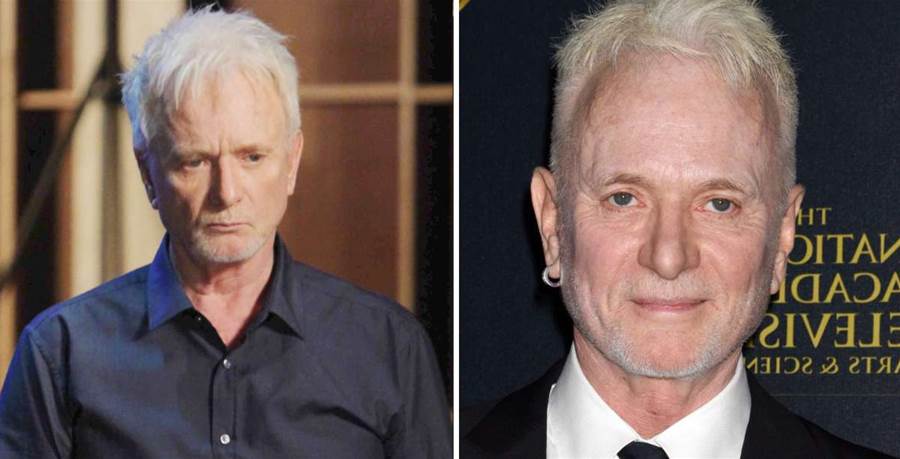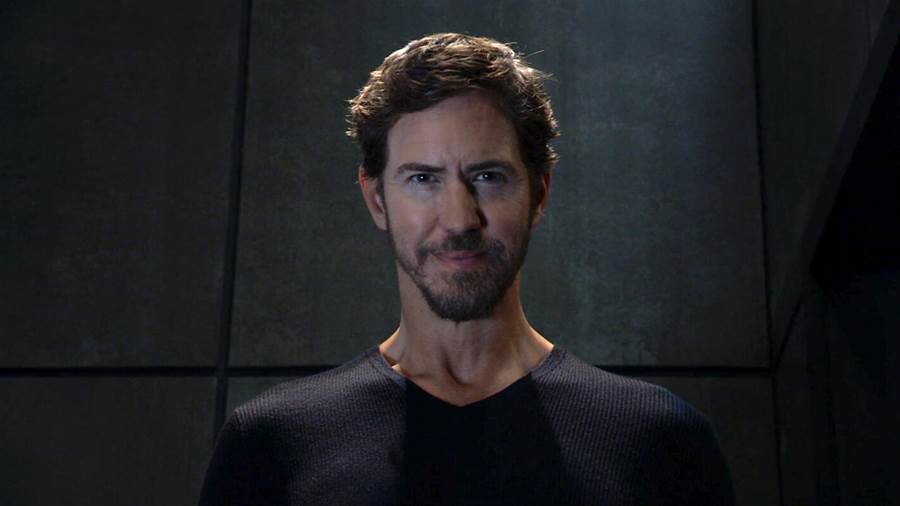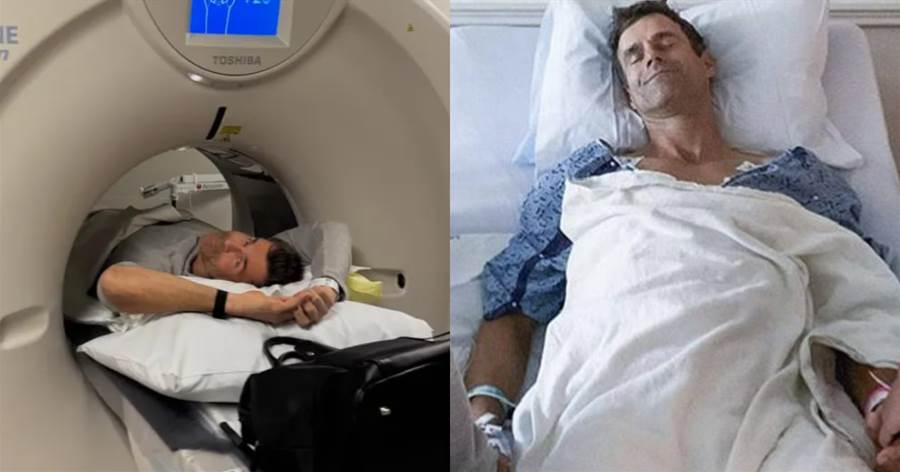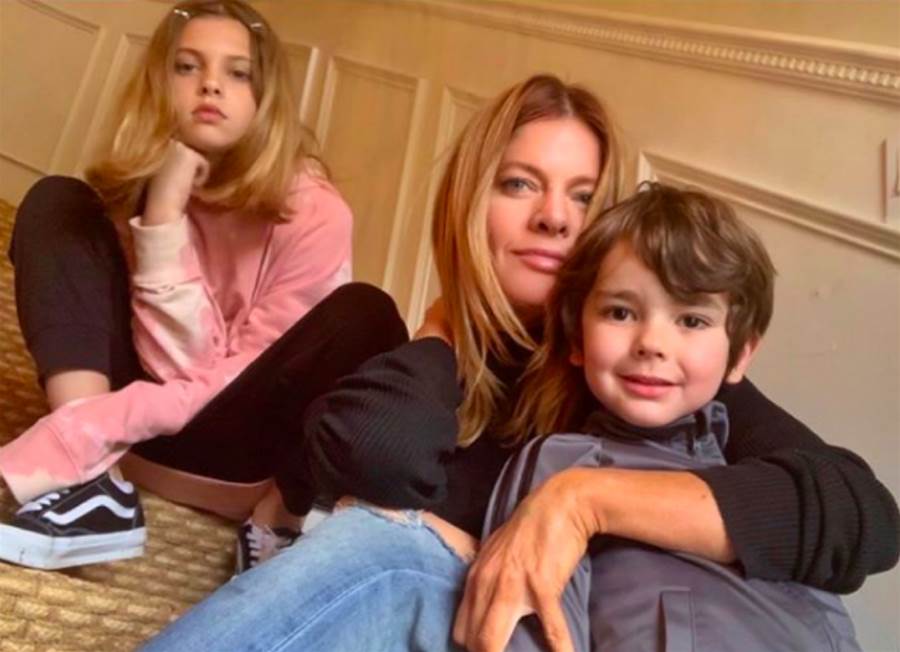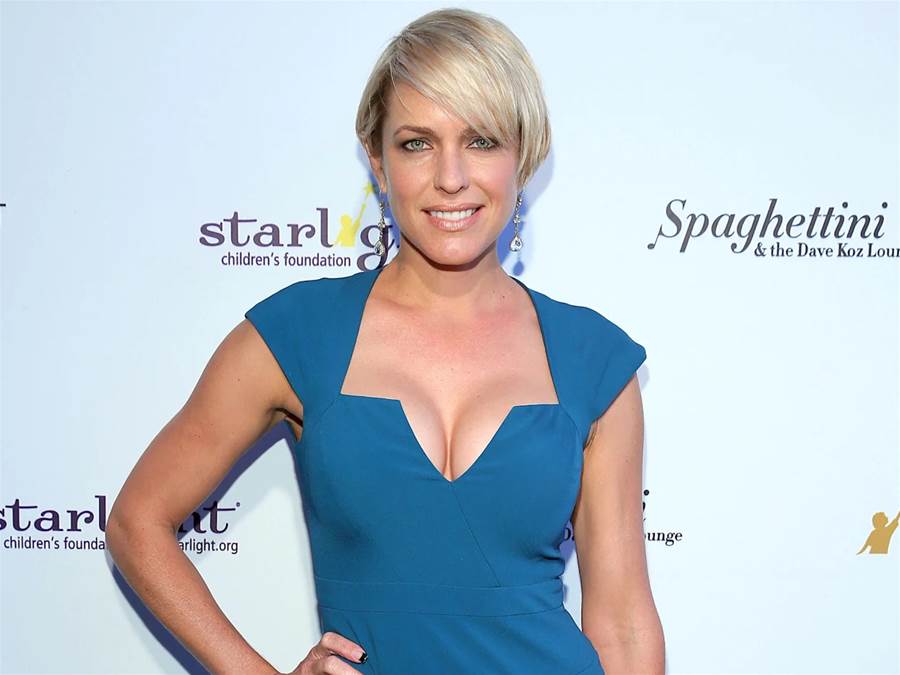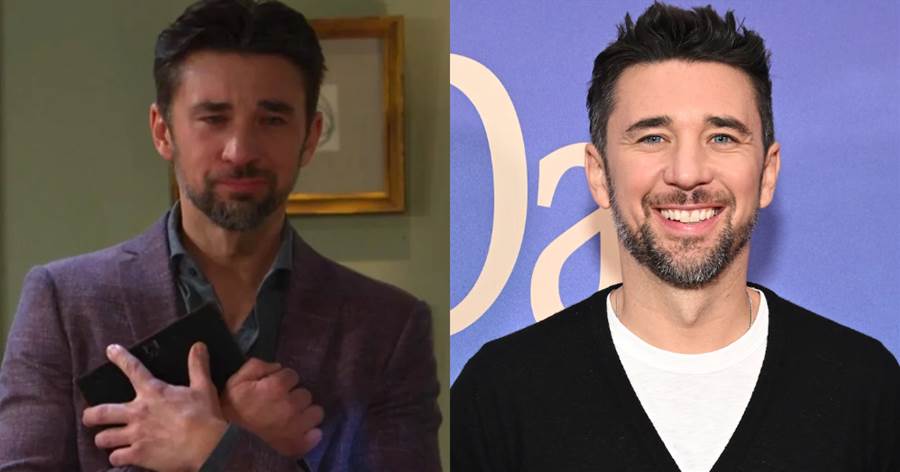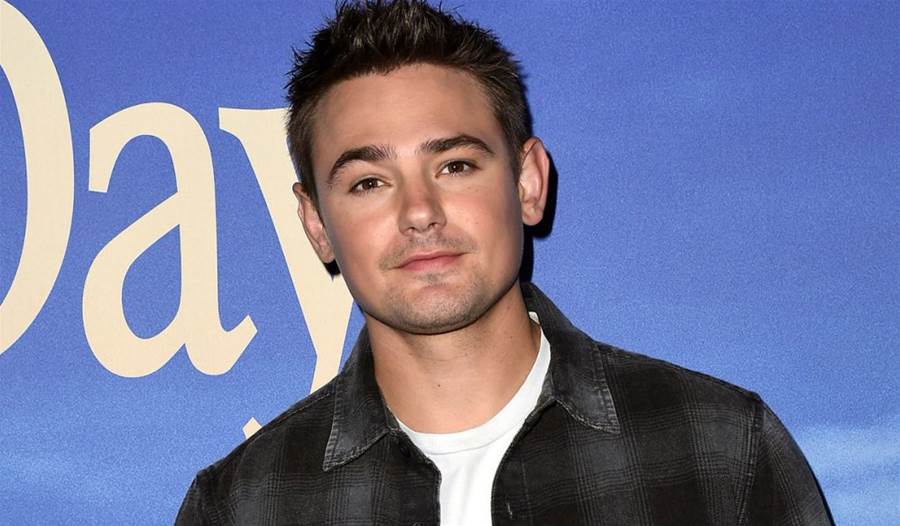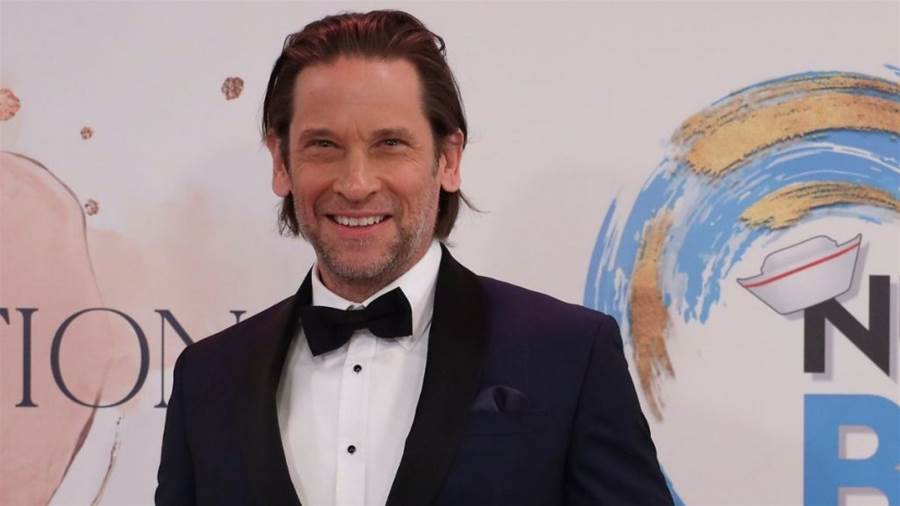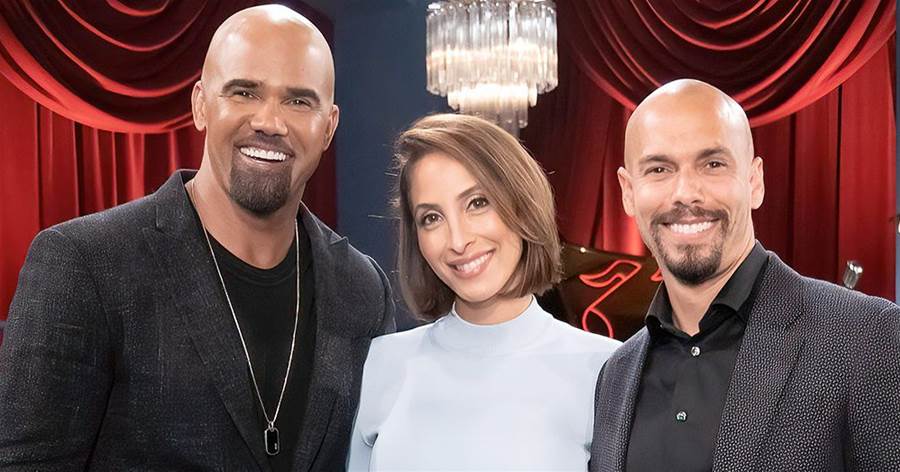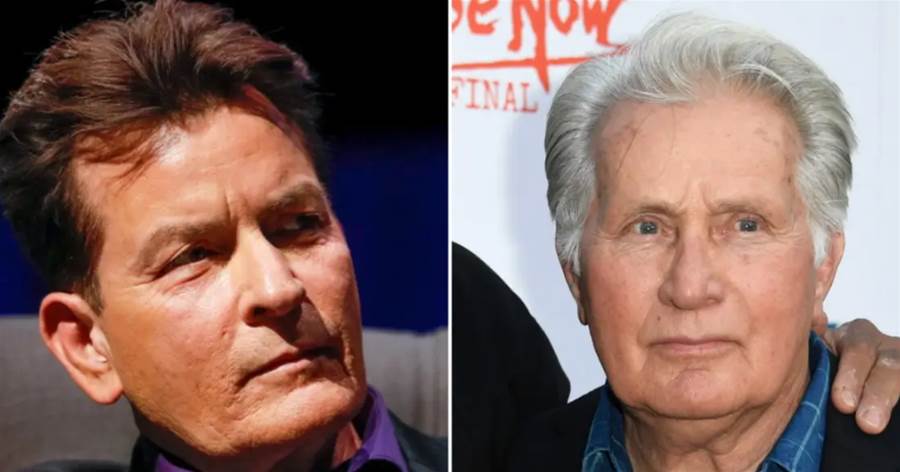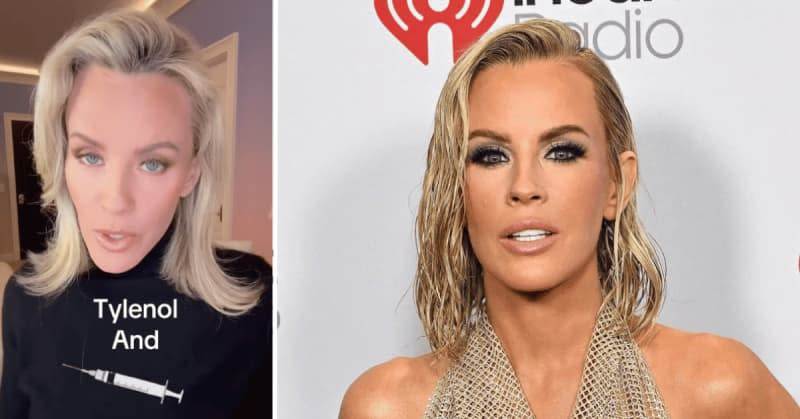Oliver Anthony Became a Symbol of Populist Rage. The Truth Is More Complex
I
N ITS USUAL HIGH NASHVILLE STYLE, the World Famous Tootsie’s Orchid Lounge Birthday Bash was rolling. At the renowned honky-tonk on this mid-September night, cover bands and rowdy bachelorette parties ruled. But at around 10 p.m., all eyes were on a stage smack in the middle of the city’s Broadway entertainment district.
There, a red-headed and red-bearded guy of six feet six, in a T-shirt and baggy pants, cradled a Gretsch acoustic guitar. He looked more like a member of the stage crew than a Nashville star, but no one doubted that
Oliver AnthonyThe article is not finished. Click on the next page to continue.

